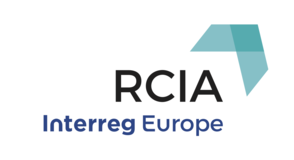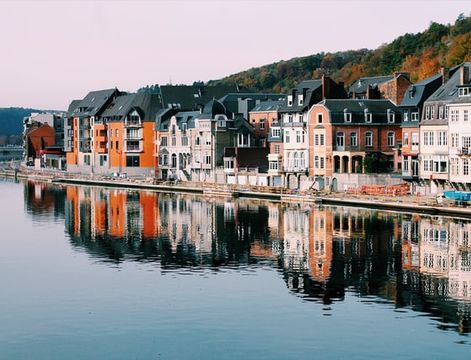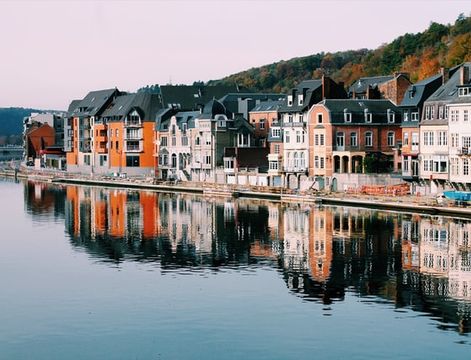On 17 - 18 December 2018, the RCIA partnership held its second policy round table and realised a real success story in Bolzano, situated in the South-Tyrol region. Peculiar to this region are strong German, Italian and Ladin influences combined with a predisposition towards support for the film industry rather than the cultural and creative industries (CCI) as a whole. Coming together to solve this challenge, the RCIA project partners collaborated with external experts over a 48-hour window. (Read the agenda here)
The first day unfolded with some welcoming words by Renate Ranzi, Head of IDM Creative Industries, and was followed by Franz Schöpf and Lavinia Brunelli from the Office for Innovation of the Province of Bolzano who presented their work on the RIS3 strategy; Luca Bizzarri presented the initiatives of the Office for Italian Culture and Youth Policies of the Province of Bolzano.
Next, Rasmus Wiinstedt Tscherning, managing director of Creative Business Cup and facilitator of the policy round table discussed what a policy round table seeks to achieve. He mentioned some important questions to ask oneself beforehand, and mapping the unique challenges faced by the CCIs. In the case of Europe, the meeting attendees contended that these challenges are largely the same:
a. The lack of business background: Most people working in CI do not have a business background, or the companies are very small.
b. Internationalisation is also often a problem, not so much because of the language barrier but mostly because of financial regulations.
c. Access to finance is a big challenge, as business angels want a share of things in return for their investments, but it difficult to define or quantify that share.
d. Evaluation of success in the creative sector: what are the indicators of success of a policy aimed at developing the creative industry?
However, specific to South Tyrol is the lack of skilled labour force. The situation is a vicious circle where the creative sector cannot grow because of the lack of skilled labour and skilled workers cannot remain in the region due to inadequate number of jobs. On this front, the Belgian project partners proposed giving culture an economical identity. They highlighted how important it is to show people that innovation is not just technological and does not happen only in labs but instead works on the mind-set of people and quoted “You have to communicate that Creative Industries can address real problems, not just pretty things.”
Rasmus then suggested that the creative industries in South Tyrol need a powerful spokesperson from the traditional industries and that it would be good to ask the association of entrepreneurs (Unternehmerverband) for help.
By sheer coincidence, Bolzano was at that time in the process of electing its new regional government and was holding political coalition negotiations. Lo behold, the gathered group had a simple but powerful idea… why not draft a one-pager addressed to political stakeholders directing them to support the creative industries? Realizing the strength in this idea, the meeting room was suddenly charged with energy. Everyone was aware that they had hit exactly the right spot and that this one-pager could make a real difference for creative industries in South Tyrol. And in the end, it really did: The one-pager was formulated during the last 30 minutes of the meeting and was delivered by a representative of HDS (association of entrepreneurs) participating in the coalition negotiations, just in time before the politicians write their final coalition paper.
Within a few days the South Tyrolean government included support for creative industries in their political agenda, cause for great cheer! This is a huge first step for the Creative Industries in South Tyrol and a great success for RCIA. Once Creative Industries are mentioned in a regional policy paper, it’s much easier to get funding for programs to support Creative Industries.
We are optimistic that this will change the standing of Creative Industries in South Tyrol in the long run and are thrilled that the RCIA partnership could facilitate this big win for South Tyrol!












